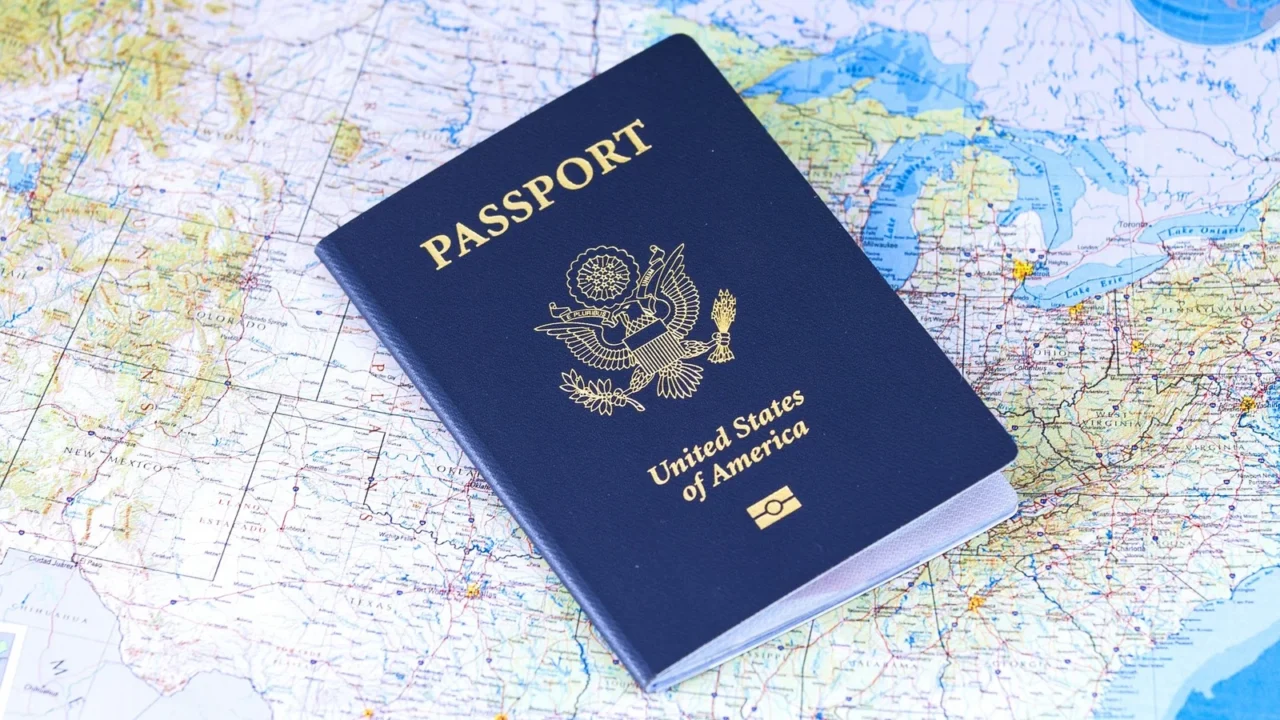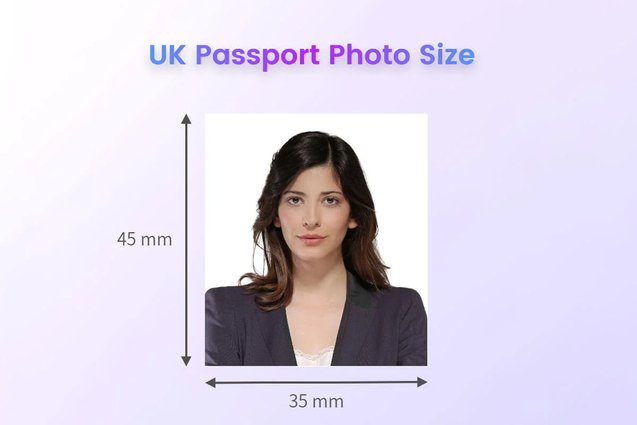Introduction
Applying for a job abroad is a major step toward personal and professional growth. It opens doors to international exposure, higher salaries, and the opportunity to experience diverse cultures. However, the process can be challenging if you’re not prepared with the right documentation. Many applicants lose opportunities simply because they don’t have their paperwork in order. In this guide, we’ll walk you through the essential documents you need before applying for a job abroad, helping you stay ahead in the game and avoid costly delays.
Whether you’re a nurse applying for a job in the UK, an engineer aiming for Germany, or an IT professional seeking opportunities in Canada or Australia — this checklist will help you stay organized and ready.
1. Valid Passport
Your passport is the most basic and essential document for any kind of overseas application. It proves your identity and nationality and is required not just for travel, but also for visa applications and employer verification.
Make sure your passport:
- Is valid for at least 6–12 months from your intended date of travel
- Has blank pages for visas and stamps
- Is consistent with your name on other documents
Tip: If your passport is expiring soon, renew it before beginning your application process.

2. Updated Resume (CV) in International Format
Different countries have different resume expectations. Your resume should be tailored to international standards, professionally written, and easy to scan.
Key points to include:
- Personal information (Name, Contact, Nationality, Language proficiency)
- Career objective
- Work experience (Start with the most recent)
- Educational qualifications
- Skills and certifications
- References (optional, but recommended)
Tip: Use clear formatting, avoid jargon, and highlight achievements with metrics where possible.
3. Educational Certificates and Transcripts
Employers abroad want to verify your academic qualifications. You must submit attested and verifiable copies of your degrees, diplomas, and mark sheets.
You may need:
- Secondary School Certificate (10th grade)
- Higher Secondary Certificate (12th grade)
- Bachelor’s and/or Master’s degree certificates
- Official transcripts from your educational institutions
Tip: Get your documents attested by the relevant education board or authority in your home country.
4. Professional Licenses or Certifications
If you are applying for a regulated profession like healthcare, engineering, or teaching, you’ll likely need to show your professional license or industry certification.
Examples include:
- Nursing licenses (e.g., NCLEX, NMC for the UK, DHA for Dubai)
- IT certifications (e.g., AWS, Cisco, Microsoft)
- Teaching certificates (e.g., TESOL, CELTA)
- Trade certifications for electricians, welders, etc.
Tip: Some countries require license verification or equivalency assessments. Plan for this in advance.
5. Experience Letters
To validate your previous job history, you must provide experience letters or reference letters from your past employers.
These letters should include:
- Your job title
- Duration of employment
- Roles and responsibilities
- Employer’s contact information
- Official letterhead and signature
Tip: If you worked in multiple organizations, collect all experience letters before you apply abroad.
6. Language Proficiency Test Results
Most countries require proof of your English or local language proficiency. The most accepted tests include:
- IELTS (International English Language Testing System)
- TOEFL (Test of English as a Foreign Language)
- PTE (Pearson Test of English)
- CELPIP (for Canada)
- German Language Tests (Goethe-Institut, TestDaF)
Tip: Always check the minimum score required for your destination country or profession and prepare in advance.
7. Police Clearance Certificate (PCC)
A Police Clearance Certificate is often required during visa application or job placement to prove you have no criminal record.
Issued by: Local police department or Ministry of Home Affairs
Required for: Jobs in healthcare, education, security, or long-term visas
Validity: Usually valid for 6 months
Tip: This document can take time to process, so apply for it early.
8. Medical Fitness Certificate
Employers or immigration authorities may require a certificate stating that you are medically fit to work abroad.
May include tests like:
- Blood tests
- Chest X-rays
- COVID-19 vaccination proof
- Tuberculosis (TB) tests
- General physical examination
Tip: Some countries require this certificate from government-approved hospitals or clinics.
9. Passport-Sized Photographs (as per country specs)
Most visa applications and job forms require recent passport-sized photos.
Make sure:
- The background, size, and face visibility meet the destination country’s specifications
- You have both hard and digital copies
- The photos are recent (within 6 months)
Tip: Keep 10–15 copies ready, as they are frequently required throughout the process.

10. Reference Letters or Recommendation Letters
These are typically written by your former supervisors, professors, or employers to vouch for your skills, behavior, and work ethic.
Should include:
- Writer’s name and designation
- Relationship to you (e.g., Manager, Professor)
- Your key achievements or contributions
- Contact information
Tip: Keep at least two references ready — professional and academic (if applicable).
11. Offer Letter or Employment Contract (If Already Selected)
If you already have a job offer, make sure you have the official job offer letter or contract from your overseas employer.
It should clearly mention:
- Job role and responsibilities
- Salary and benefits
- Working hours
- Duration of the contract
- Terms of termination
Tip: Never proceed with visa processing without a valid, signed offer letter from your employer.
12. Proof of Accommodation (Optional but Useful)
Some embassies require proof that you have arranged a place to stay upon arrival.
This can be:
- Hotel reservation
- Invitation letter from a friend/family
- Rental agreement
- Employer-provided accommodation letter
Tip: If you don’t have permanent housing yet, book a temporary place and explain it during the visa process.
13. Proof of Financial Means
You must show that you can support yourself abroad until you receive your first salary (or through your course, if studying).
Documents include:
- Bank account statements (last 3–6 months)
- Fixed deposit slips
- Sponsor’s financial affidavit
- Loan approval letters (if applicable)
Tip: Always show funds in your name or from a legal sponsor. Fake documents lead to immediate rejection.
14. Visa Application Forms and Fee Receipts
Once you start your visa application, ensure all forms are filled completely and accurately. Save and print:
- Confirmation pages
- Fee payment receipts
- Appointment letters
- Tracking numbers (for courier submissions)
Tip: Carry multiple copies of each document, just in case.
15. Country-Specific or Profession-Specific Documents
Different countries or sectors may request additional documentation. These could include:
- Labor Market Impact Assessment (Canada)
- SkillSelect EOI number (Australia)
- Blue Card Application Form (EU)
- Trade Skill Tests (GCC countries)
Tip: Always consult your immigration advisor or recruitment agency (like Welcare Overseas) to ensure you meet all specific document requirements.
Conclusion
Applying for a job abroad is a rewarding journey that begins with preparation. The more organized and proactive you are with your documentation, the smoother your process will be — from job search to visa stamping. Missing even a single essential document can delay or derail your plans. So, invest time in preparing each document correctly and consult professionals when in doubt.
Pro Tip: Work with a trusted consultancy like Welcare Overseas to guide you through the document checklist, verify authenticity, assist with translations, and provide end-to-end support — saving you time, money, and stress.
